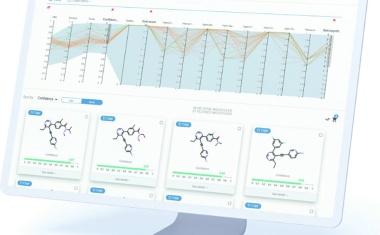
Challenging the Status Quo
Management pays a lot of attention to new ideas and cutting-edge technologies, but most of their resources are consumed by mature legacy technologies that are often not actively and rigorously managed. A visual matrix can help teams understand which technologies offer the greatest long-term potential for businesses.


















































































